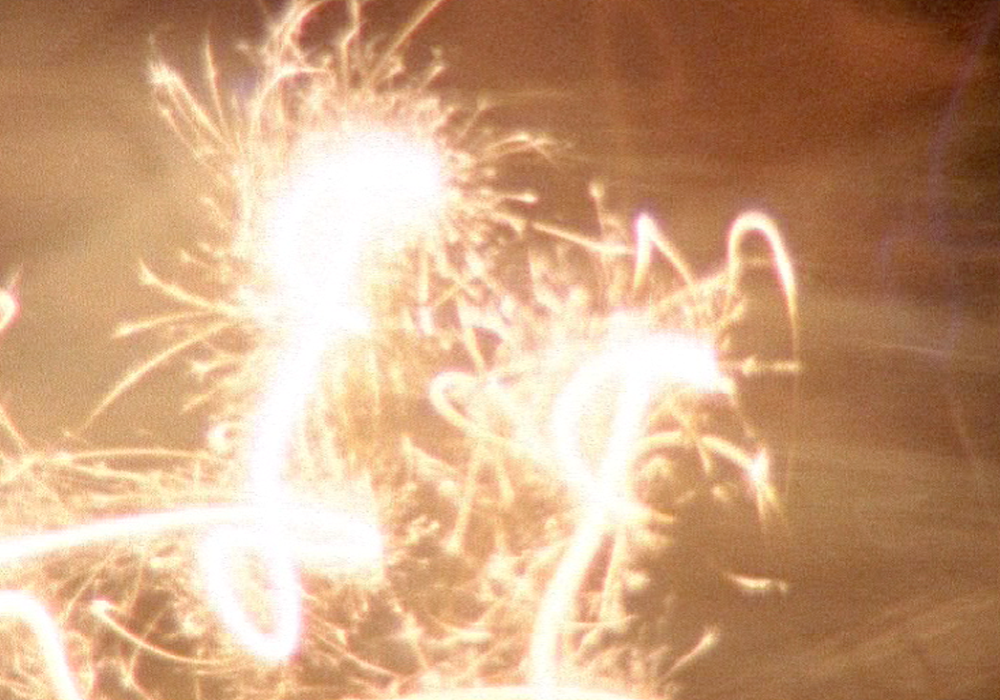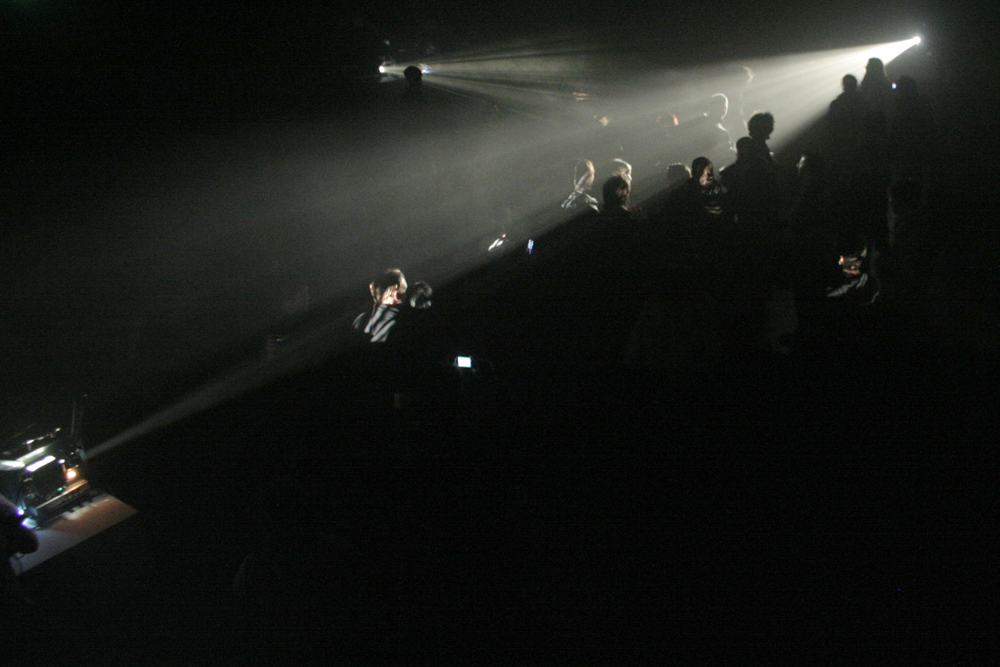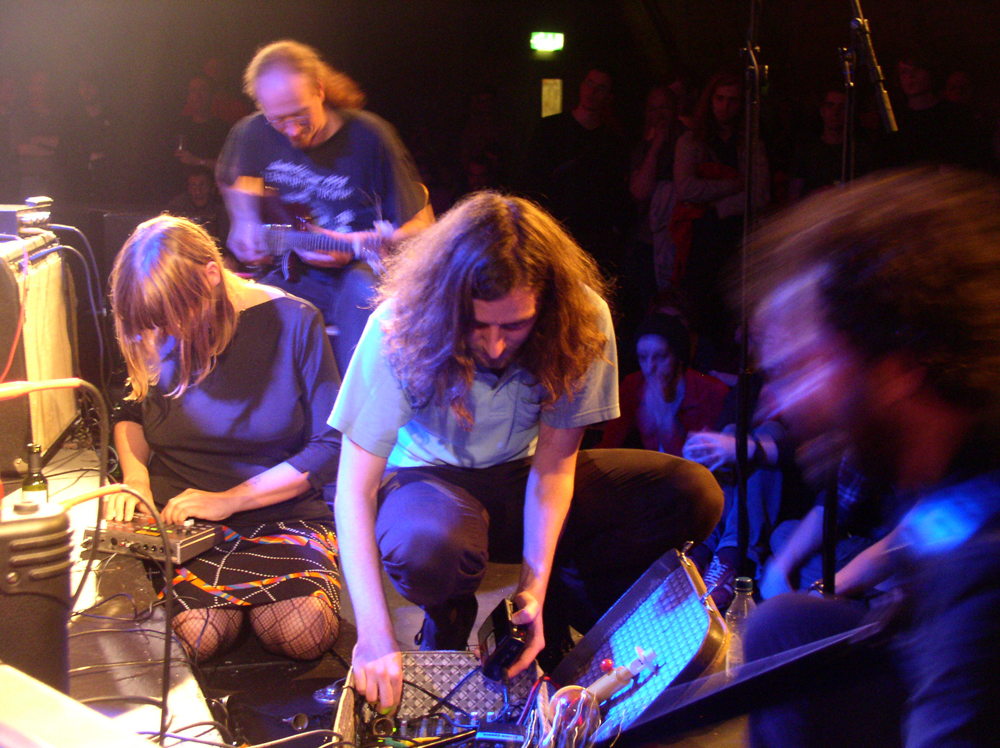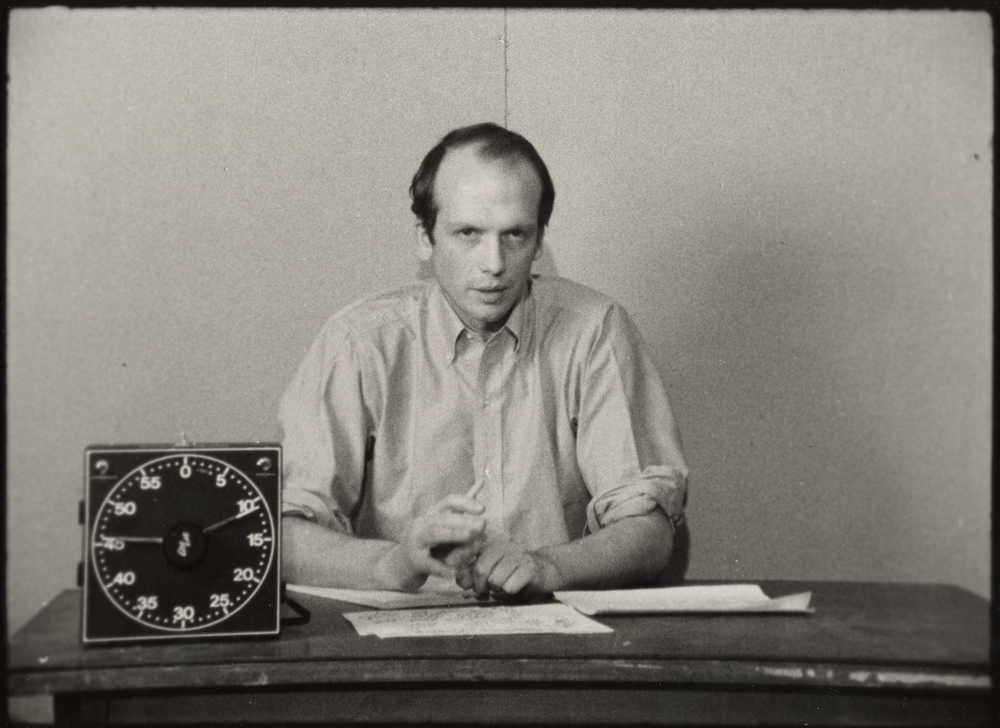
Personal Space
Aileen Campbell Neil Davidson
Personal Spaces: inversion of a territorial bell, confusing the realms between rehearsal and performance, public and private space.
Arika have been creating events since 2001. The Archive is space to share the documentation of our work, over 600 events from the past 20 years. Browse the archive by event, artists and collections, explore using theme pairs, or use the index for a comprehensive overview.

Personal Spaces: inversion of a territorial bell, confusing the realms between rehearsal and performance, public and private space.

Simon Morris is joined by Nick Thurston as they attempt to read aloud whilst peddling on exercise bikes.

Freeform Super 8mm documentation of Sunday at Instal 06 by filmmaker Matt Hulse.

An utterly deep introspection told in aching, weeping guitar lines; melodic, simple, always minimal but somehow entirely epic.

Jean-Luc Guionnet will be giving a talk as part of the music department’s ongoing series of colloquia.

A multi-media harp and spoken word tribute to the incalculable, the in-deducible, the suspicious static noise that accompanies the voice of truth, and the attempted aberrations in the domain of emergence.

Out of a dark haze, shafts of light emerge, as the emulsion is scratched from the surface of the film. Simultaneously, out of the black silence, noise and audible scratches bloom into a bright drone.

A life force of ecstatic clarity capable of loquacious bursts of affirmation.

Includes: a classic of innovative computer graphics, ex-pat Scot McLaren on form, a riotous psychedelic oil show with a Soft Machine accompaniment, subtle manipulation of data feedback, a colourful road movie and a reworking of a lost Paul Sharits film.

Morgan Fisher is a filmmaker of great wit and charm who uses the tools of experimental film to dissect the basic presuppositions of commercial cinema.
Power-electronic klutz behaviour indecipherable blasphemies, cuts, bruises and broken microphones by Kovorox Sound head-honcho Lea Cummings.

Hartmut led “a workshop in the old-fashioned way of discussion, mutual exploration of ideas and samples; trying out what can be shared and where the fault lines show.”